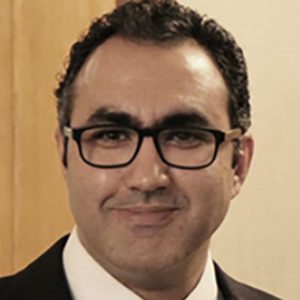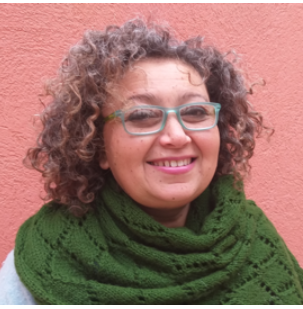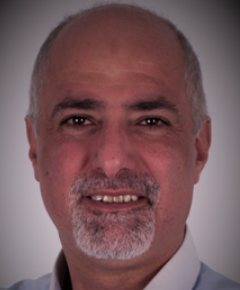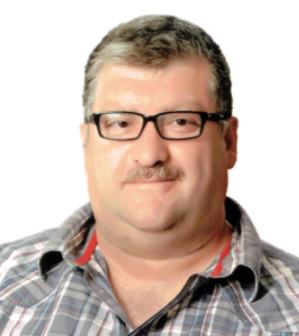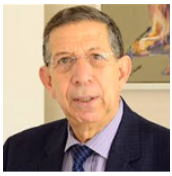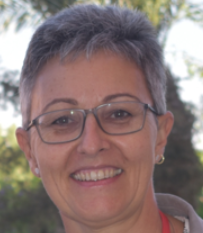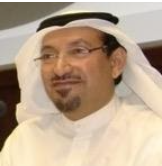Speakers
Get Connect
If you would like to know more about ICCROM-Sharjah (Regional Office for the Conservation of Cultural Heritage in the Arab States) or interested in supporting our work, please follow us on
Copyright © 2020 ICCROM Sharjah - UAE | All Rights Reserved
















